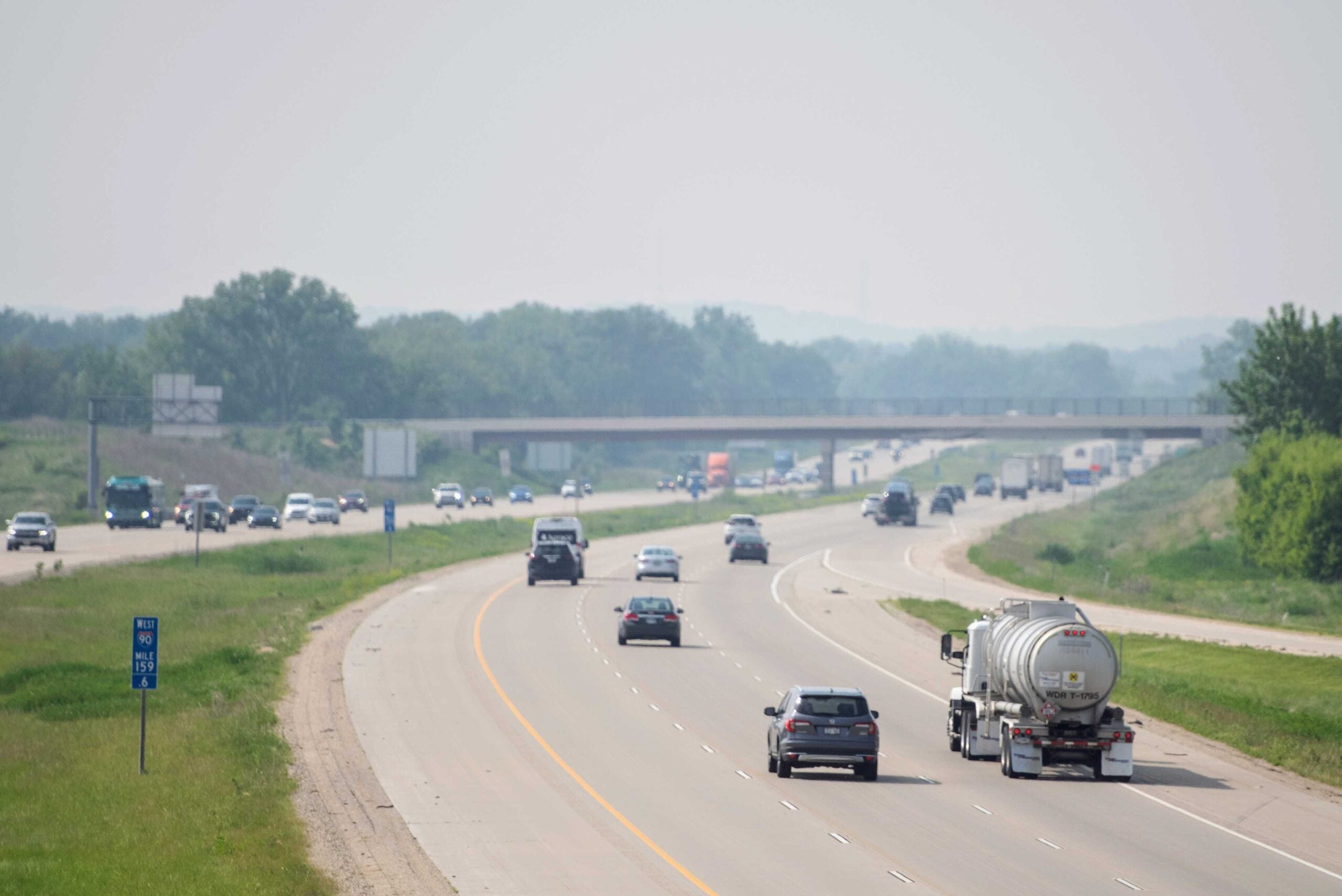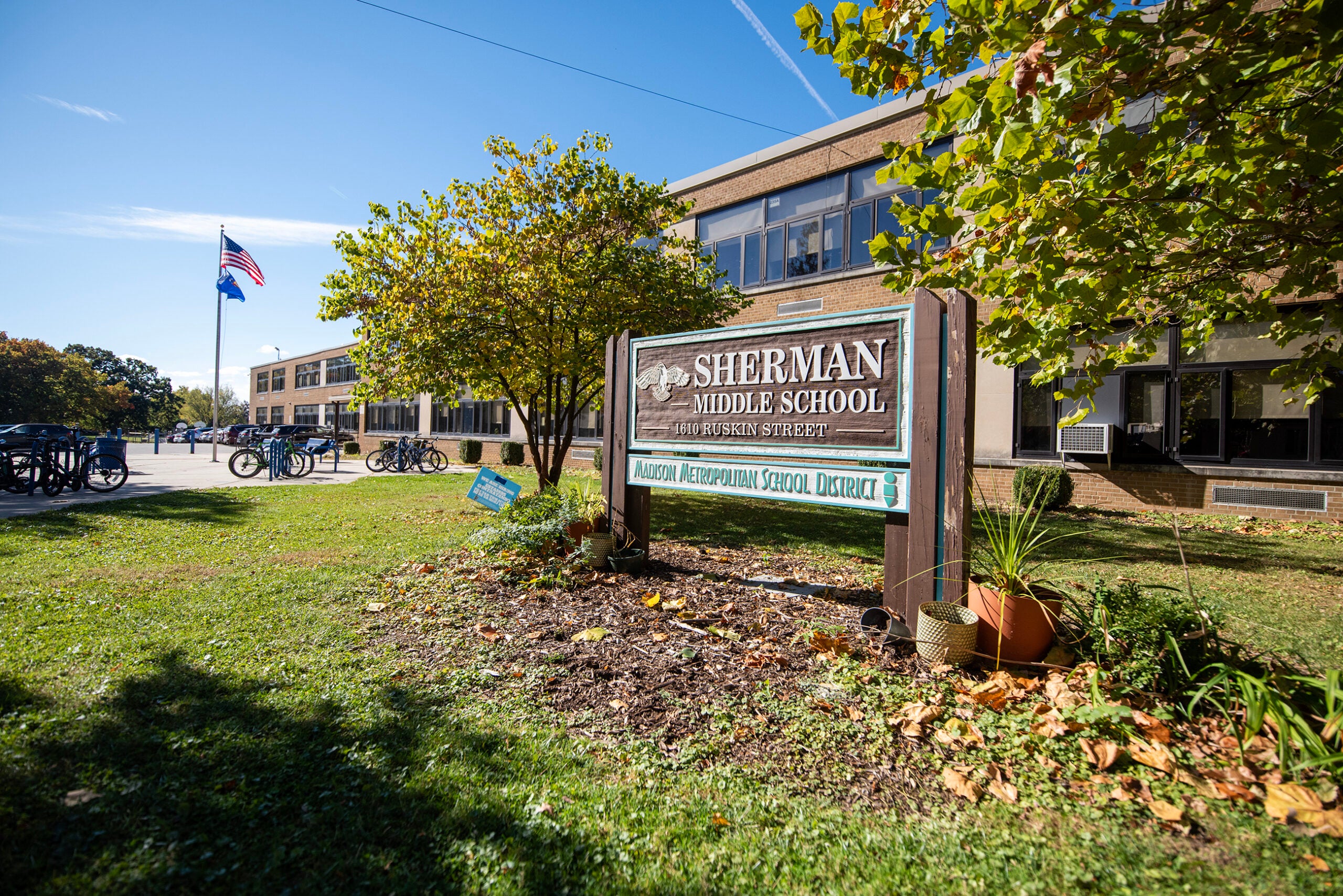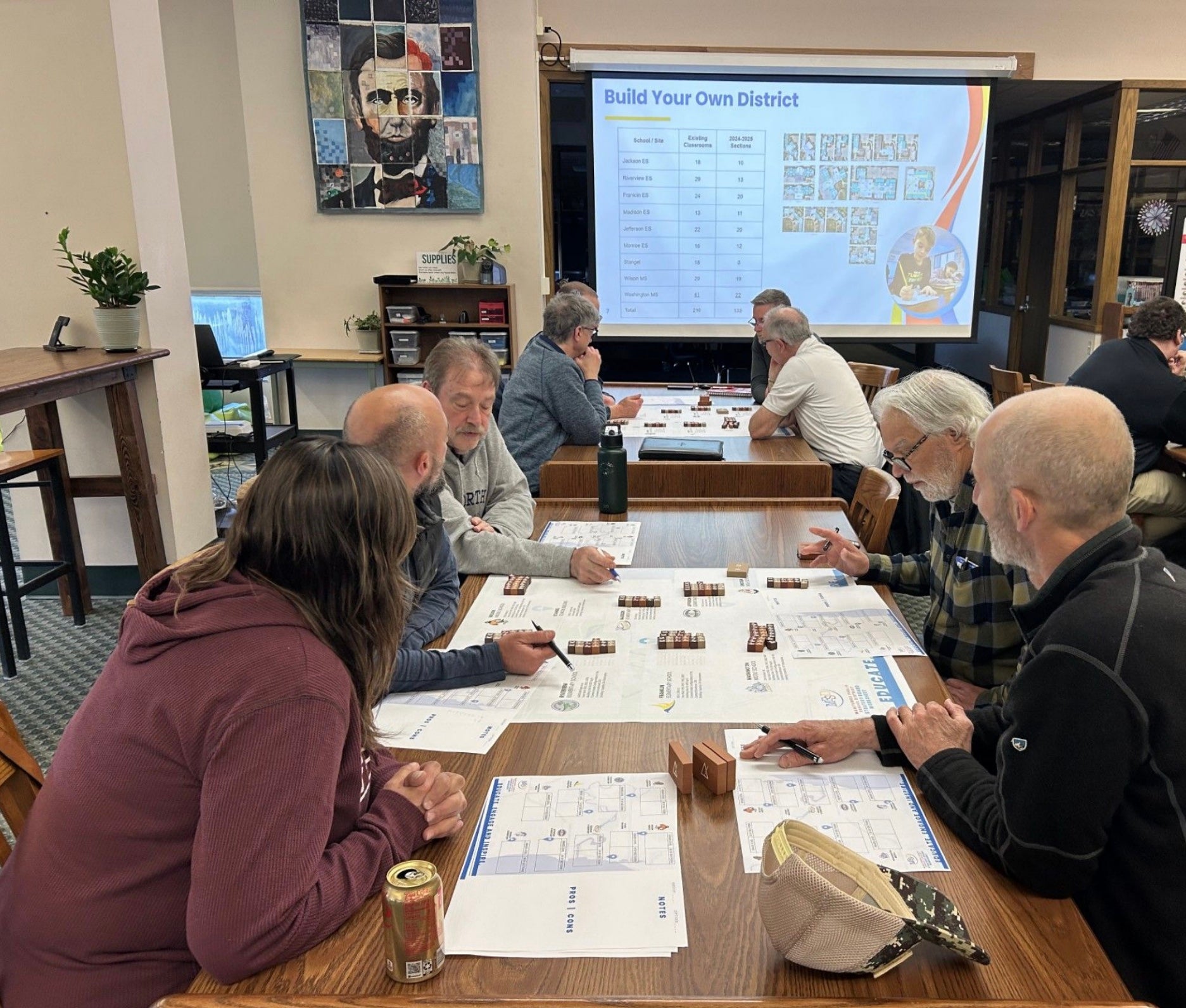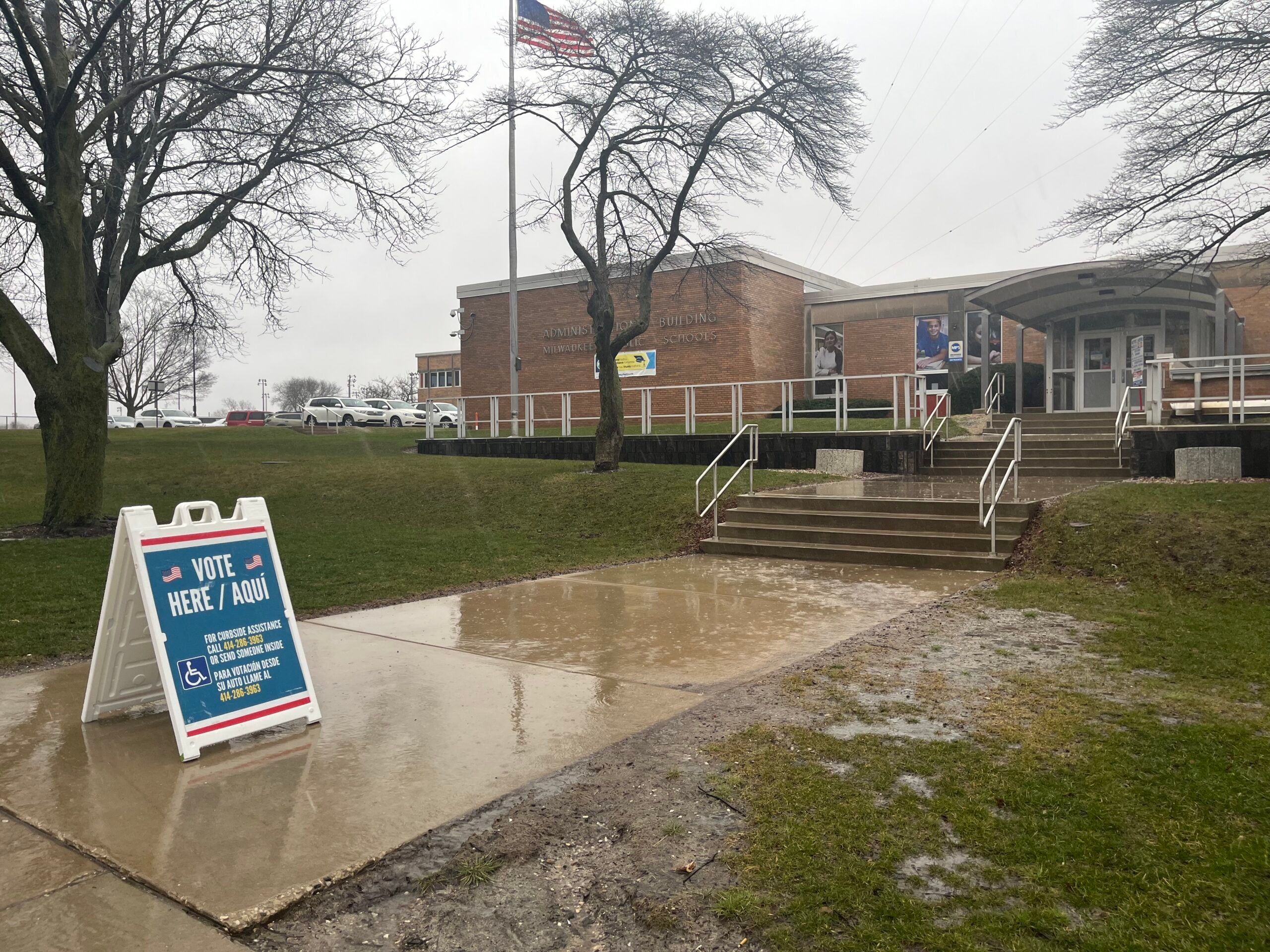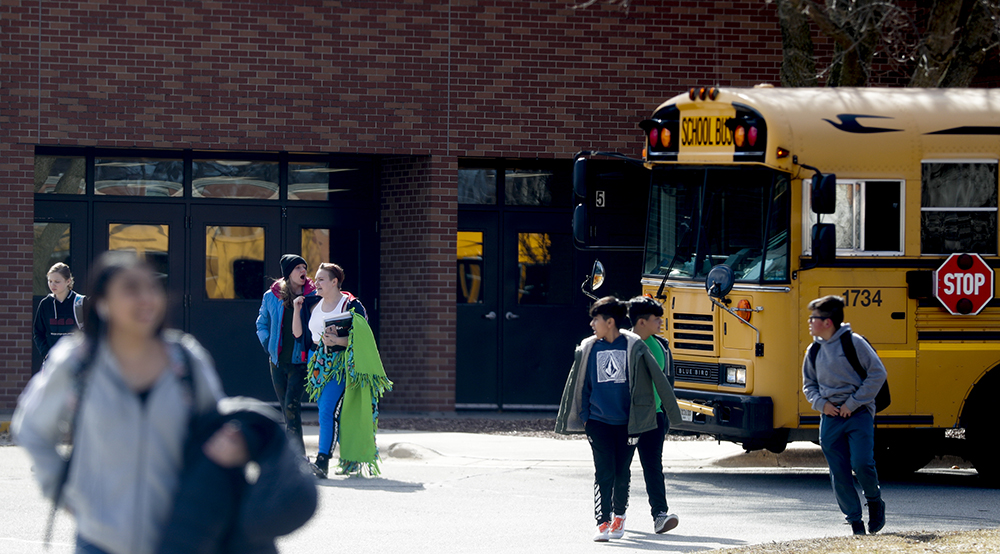Wisconsin school districts would no longer be allowed to use recurring referendums to pay for ongoing expenses such as salaries, transportation and maintenance under a measure that had a hearing before a state Assembly panel Thursday.
The plan would also force nearly a third of Wisconsin’s school districts to roll back recurring referendums that voters passed dating back to 1996, a move that would reduce their local taxing authority by nearly $180 million per year.
Its sponsor, Rep. Janel Brandtjen, R-Menomonee Falls, said the bill would bring more scrutiny to school property tax increases.
News with a little more humanity
WPR’s “Wisconsin Today” newsletter keeps you connected to the state you love without feeling overwhelmed. No paywall. No agenda. No corporate filter.
Brandtjen’s bill would limit referendums to a maximum of five years. If districts wanted to referendums to continue beyond that, they’d have to ask voters to approve them again.
“This just says that there’s not a forever tax,” Brandtjen said. “That you have to go back to your taxpayers, prove your case, bring on the transparency and show what you’re spending the money on.”
An analysis of the plan by the Wisconsin Department of Public Instruction showed voters in 130 of Wisconsin’s 424 school districts passed recurring referendums since 1996.
That let those 130 districts exceed state-imposed property tax limits by a total of $178.50 per year, authority they would lose under Brandtjen’s plan unless they returned to voters for new referendums every five years.
Several school board members, school administrators and public school advocates who testified against the plan Thursday said voters only passed referendums in local school districts because the state’s share of schools spending had steadily declined. In the 1990s, state government pledged to pick up two-thirds of the cost of public education, a benchmark it has long since abandoned.
“First you took away the two-thirds funding,” said longtime Middleton School Board member Ellen Lindgren. “You took away a lot of our teachers’ salary with Act 10. And now you’re taking away the one thing that you threw at us that said ‘but you can always go to referendum.’ And it is not something that we take lightly.”
Don Hietpas, the chief financial officer of the Appleton Area School District, said voters there approved three operating referendums to add reading teachers, pay for technology and help prevent class sizes from growing.
“These are not short-term needs that go away after a short period of time,” Hietpas told lawmakers. “To retroactively negate the results of these referenda by starting a five-year expiration clock would take that vote away from the electorate in the Appleton Area School District.”
Former West Bend School Board member Randy Marquardt told lawmakers he understood the allure of recurring referendums, but he supported ending them.
“There should never be a need for them to be permanent,” Marquardt said. “There are always possible budget adjustments — hard choices as they may be — to live within the means provided by the legislature.”
Brandtjen’s proposal is part of a package of bills GOP lawmakers introduced this session to make it harder to pass referenda.
Two other bills that would restrict when school boards can ask for referendums and require them to be voted on in spring or fall general elections also received hearings in Assembly and Senate committees Thursday.
A more limited effort to restrict referendums failed in the Legislature last session.
Wisconsin Public Radio, © Copyright 2025, Board of Regents of the University of Wisconsin System and Wisconsin Educational Communications Board.


